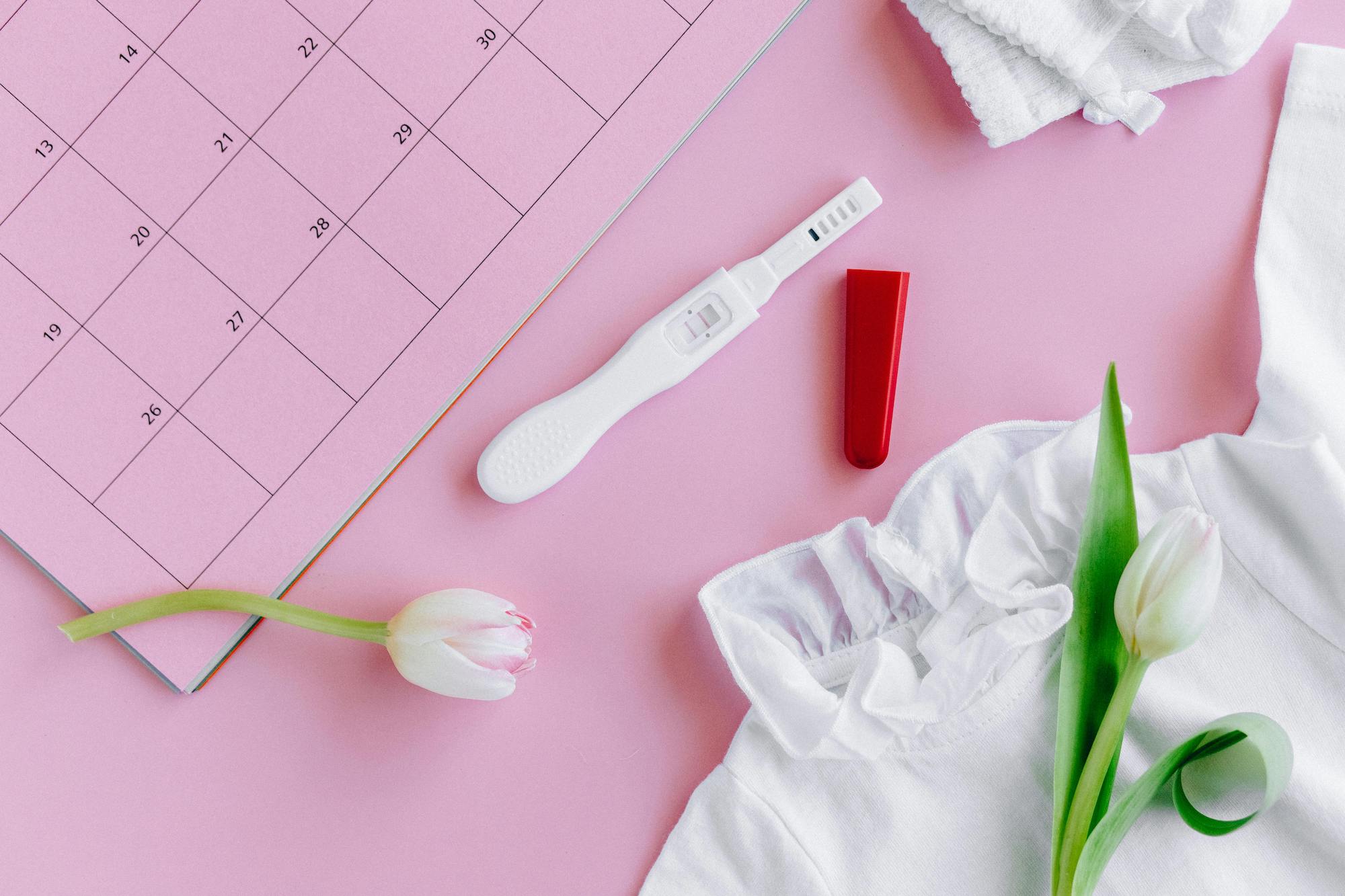
18 Mar Endometriosis and Your Fertility
Are you having painful menstrual cramps, pain in your lower back or pelvis, digestive problems, painful bowel movements, or bleeding between periods? Are you struggling to get pregnant? If you answered yes to some of these symptoms, you’ll want to get checked out for endometriosis.
March is endometriosis awareness month, a condition that affects reproductive and fertility. So, let’s take a moment to review what this is and how it can affect your health.
Endometriosis is when endometrial tissue (tissue similar to the lining of the uterus) grows outside the womb, sometimes covering the fallopian tubes, ovaries or forming scar tissue on reproductive organs. This makes it hard for sperm to fertilize an egg and for that fertilized egg (embryo) to implant itself in the lining of the uterus.
Endometriosis can affect any girl or woman who is menstruating, but it most often affects women in their 30s or 40s. Health scientists think it’s related to immune and hormone imbalances. So, treatment is focused on supporting immune health and balancing hormones. One of the most effective ways you can do this is through a healthful lifestyle.
A healthful lifestyle means quality sleep, regular exercise, and eating plenty of fruits, vegetables, protein, and a small amount of healthy fats. Avoiding sugar, saturated fats, caffeine and alcohol means much less inflammation in the body. When there is less inflammation in the body, it makes it harder for endometriosis to thrive, as well as other autoimmune conditions often connected with endometriosis.
Treating endometriosis often takes a collaborative approach with your healthcare provider. (S)he may recommend additional treatment for pain management, hormone therapy or surgery. The goal of treatment and lifestyle modifications is to shrink or slow endo growths and reduce symptoms. With the right healthcare plan, endometriosis can be put into remission and fertility can be restored.
If you’re struggling with any of the symptoms above, don’t delay in making an appointment with your provider. The earlier you treat the condition, the better your chances of getting pregnant! Learn more about the mental health effects of struggling with endometriosis.
REFERENCES:
- Endometriosis Association. (2022). Research and translational medicine for endometriosis. https://endometriosisassn.org/our-work/endometriosisreesearch
- Office of Women’s Health U.S. Department of Health and Human Services. (2019). Endometriosis. https://www.womenshealth.gov/a-z-topics/endometriosis
- Photo by Nataliya Vaitkevich: White Pregnancy Test Kit Beside White Shirt. https://www.pexels.com/photo/white-pregnancy-test-kit-beside-white-shirt-5982454/



